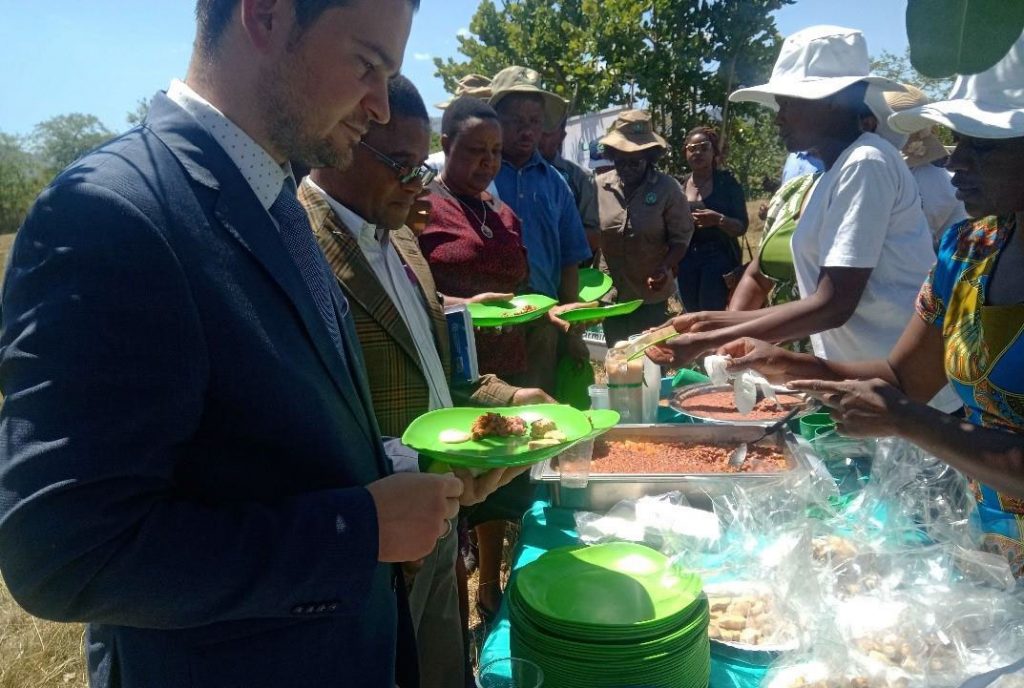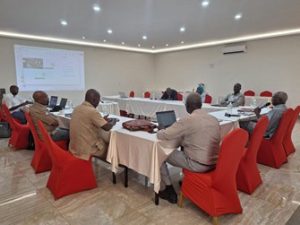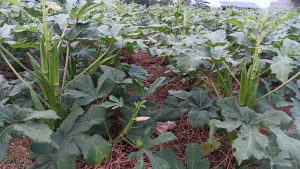The Use of Business Platform Approach Boosts Access to High Iron Beans in Zimbabwe
The Technologies for African Agricultural Transformation (TAAT) High Iron Bean (HIB) Project is implemented using the novel bean corridor approach, developed and fronted by CIAT’s Pan-Africa Bean Research Alliance (PABRA).
The approach operationalised through innovation platforms with the aim of eliminating bottlenecks in the bean value chain. The target is to increase access of farmers to better seeds of improved nutrient-rich bean varieties for the ultimate nutritional well-being of consumers. The approach also helps improve the business environment, linkages between bean farmers and buyers (off-takers), and engagement with policy makers to support investment in bean value chains and cross-border trade, thus enhancing incomes for value chain actors.
Briefly, the corridor approach is a market-driven transformation of rural agriculture that focuses on “bean flow” activities (research, production and productivity, distribution of grain, value addition and nutrition).
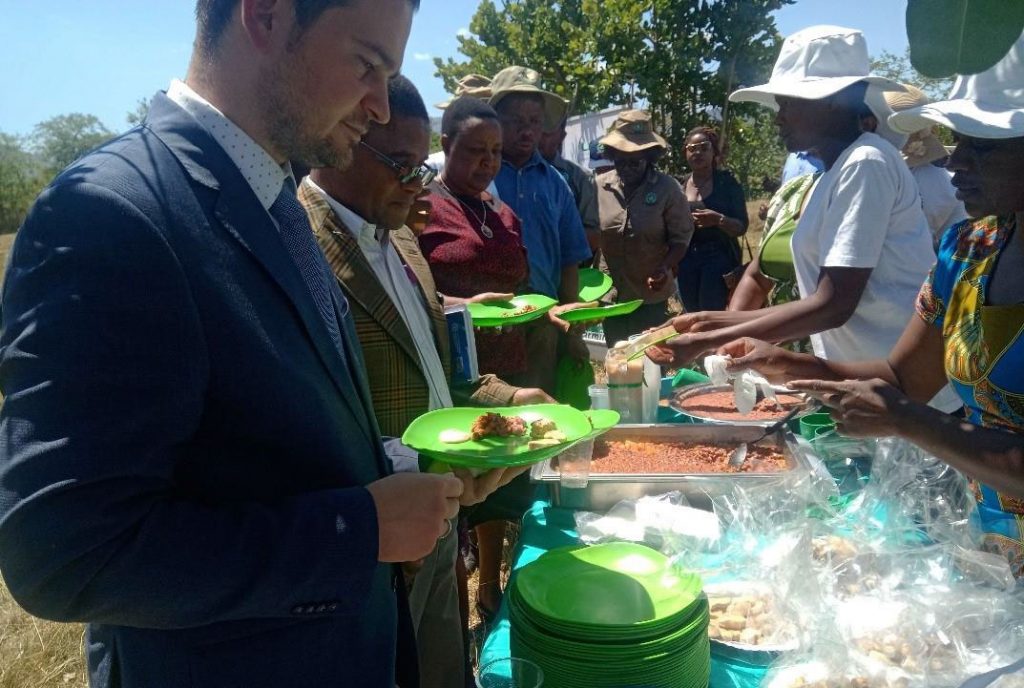
In Zimbabwe, implementation of the TAAT HIB project is a classic example of how impactful the bean corridor approach can be in enhancing bean businesses along the whole value chain. The TAAT HIB project in Zimbabwe aims at scaling up three HIB varieties NUA45, Cherry and NUA674 (released in 2018) and complementary good agricultural practices (GAPs) and value added technologies (bean flours and canned beans).
Working through five innovation platforms within the framework of bean corridors, the TAAT HIB project has attracted several enthusiastic partners (actors) along the HIB value chain led by private sector actors (seed companies, processors, aggregators and agro-dealers). For example, in the North Eastern Corridor there are Nyamaropa and Mutasa innovation platforms (IPs).
In November 2018, the IPs hosted several on-farm field days, bringing together seed companies, farm inputs suppliers, bean processors, non-governmental organizations (NGOs), schools, and Government departments to showcase the partnerships and create awareness among farmers, school children, women and youth groups with regards to the GAPs for productivity enhancement, and nutritious HIBs and value-added HIB products.
In 2018, a number of private sector players at different stages of the HIB value chain participated in the HIB platform activities. Among these were seed companies including Zimbabwe Super Seeds Ltd, Seed Co, Mkushi Seeds, National Tested Seeds and Champion Seeds, which contributed by availing certified seeds to the farmers. PHI Commodities, a major commercial grain off-taker for local and international market has been buying NUA674 – a sugar bean variety.
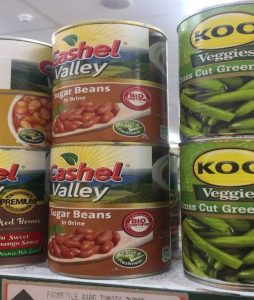
At the same time, value addition companies including Cairns, Health Foods and Afri-Delli among others are involved in processing bean grain into several value added products, which are currently distributed in the local retail outlets.
In 2018 Cairns added to its range of value added products ‘Samp & Beans’, which is based on a HIB cultivar mixed with pro-vitamin A maize. All these private sector partnerships have helped increase demand for the HIB varieties and grain. This has subsequently contributed to production of 745MT against a target of 825MT of certified HIB seed and over 21,320MT of grain have been produced against an annual target of 13,088 MT in 2018.
Through the partnerships above and leveraging other PABRA programmes (SDC, GAC), the Livelihood and Food Security Project (Harvest Plus), Feed the Future (LEAD Trust) and Cluster Agriculture Development Services (CADs) the project managed to benefit more than 140,000 people in 2018. These partnership activities are likely to contribute continued enhanced bean businesses and improved nutrition.
HIB activities have generated interest not only among the farmers and industry but also among policy makers who have expressed support for HIB.
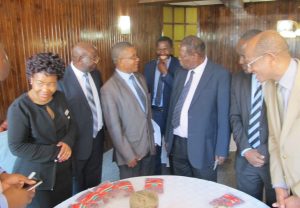
While presiding over the project inception meeting in August 2018, Mr. R. Chitsiko, the Permanent Secretary (PS) of Ministry of Agriculture Lands and Rural Resettlement said “Wide scale demonstrations through public-private partnerships would play a key role in creating awareness of HIB in Zimbabwe. In addition, facilitation and increased engagement of various actors (including the private sector) in seed production and dissemination is needed to accelerate the pipeline of various seed grades from breeder seed to certified seed”.
In November 2018, Hon. Vangelis Peter Haritatos, Deputy Minister for Lands, Agriculture, Water, Climate and Rural Settlement attended the field days held in Mutasa. At the meeting the Deputy Minister said that the HIB partnership “dovetails with the national development blueprint Zimbabwe Agenda for Sustainable Socio-Economic Transformation (ZIMASSET), which aims to increase food security and nutrition as well as productivity of all crops”.
Recent Stories
Related Stories
- Farm to folk: Engaging youth in bean growing in Uganda
- The High Iron Bean Compact’s Technology Toolkits
- SOMALIA: TAAT holds Capacity Building Programme for Women and Youth
- Growing water-efficient and climate-smart maize has changed my life – Kenyan farmer
- TAAT holds High-Level Workshop on Scaling up Technologies for Agricultural Transformation in DR Congo


